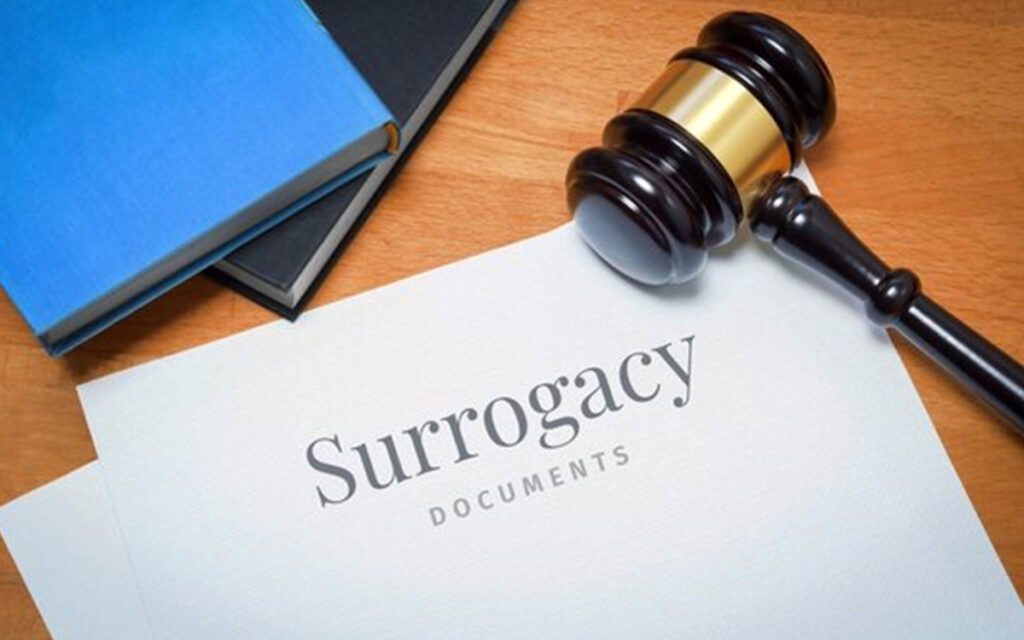Surrogacy is a life-changing journey, but understanding where it’s legally allowed is just as crucial as choosing the right agency.
Legal frameworks differ widely across states and countries, which can affect everything from parental rights to compensation.
At SurrogateFirst, we believe in making the surrogacy process as clear and informed as possible. In this guide, we explore where surrogacy is legal, both in the United States and worldwide, and what that means for intended parents and surrogates.
Where is Surrogacy Legal in the US?
Surrogacy laws in the United States vary from state to state, with some being very supportive and others placing restrictions or outright prohibiting the practice. Here are a few key examples:
Surrogacy-Friendly States:
- California: The gold standard for surrogacy, offering legal protections for all types of intended parents.
- Nevada, Illinois, and Connecticut: Known for clear surrogacy statutes and protections for intended parents.
States with Restrictions:
- Michigan: Commercial surrogacy is prohibited and criminalized.
- New York (prior to 2021): Previously restricted but now allows compensated gestational surrogacy under specific guidelines.
States with Legal Ambiguity:
- Some states do not have laws that specifically permit or prohibit surrogacy, making legal outcomes uncertain.
For a full breakdown of U.S. surrogacy laws, check out the SurrogateFirst interactive map highlighting the specific legal framework applicable in each state.
Where is Surrogacy Legal Globally?
Europe
- Ukraine and Georgia: Commercial surrogacy is legal and widely practiced, with robust legal frameworks.
- Greece: Allows altruistic surrogacy for residents and foreign nationals under strict regulations.
- UK: Altruistic surrogacy is legal, but compensated surrogacy is not allowed. Parental orders are required post-birth.
Asia
- India: Once a major surrogacy destination, now only allows altruistic surrogacy for married Indian couples.
- Thailand: Only altruistic surrogacy is allowed and limited to Thai citizens.
- Laos and Cambodia: Former hotspots, now with restrictions or outright bans.
South America
- Colombia and Argentina: No specific surrogacy legislation, creating a gray legal area.
- Brazil: Altruistic surrogacy is permitted under specific family circumstances.
Understanding Surrogacy Laws
Restricted Surrogacy
Some countries or states allow surrogacy only for certain individuals (e.g., married heterosexual couples) or impose conditions on compensation, eligibility, or parentage.
Prohibited Surrogacy
Commercial surrogacy is banned in many jurisdictions, and some go further by criminalizing all forms of surrogacy (e.g., France, Germany, and Michigan in the US).
Altruistic Surrogacy
Altruistic Surrogacy is allowed in many regions (e.g., UK, Canada, Australia) where surrogates can only be reimbursed for medical and pregnancy-related expenses, not compensated beyond that.
FAQs
Is surrogacy legal in Spain?
No. Surrogacy is prohibited in Spain. Contracts are not legally recognized, and Spanish citizens often seek surrogacy services abroad.
Is surrogacy legal in Michigan?
Commercial surrogacy is illegal and can result in fines and penalties. Altruistic arrangements may still pose legal complications.
Need help navigating surrogacy laws?
SurrogateFirst offers comprehensive support to help you understand and comply with legal frameworks both in the U.S. and abroad. Contact us to learn more about how we can guide your journey, every step of the way.
About SurrogateFirst
SurrogateFirst is a boutique surrogate agency specializing in quickly matching intended parents around the world with our fully-vetted, exceptional surrogates.
We help individuals and couples, regardless of race or sexual orientation, build their families through the miracle of surrogacy.
Every team member at SurrogateFirst is either a former intended parent or an experienced surrogate herself. We also have first-hand knowledge of what it takes to have an incredible, successful surrogate journey.





